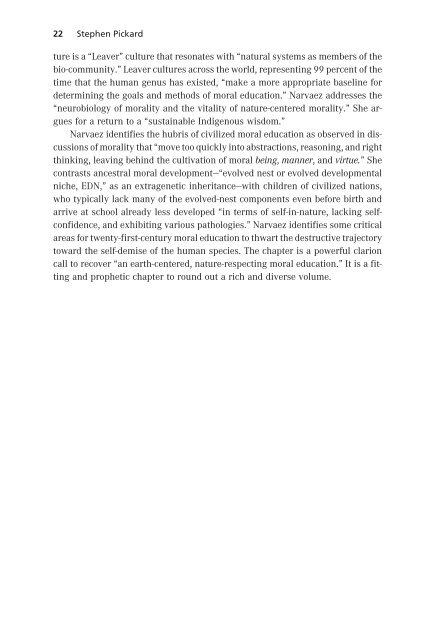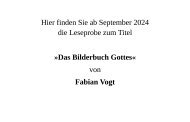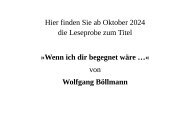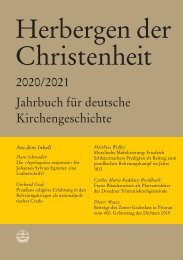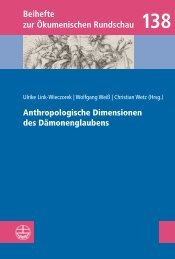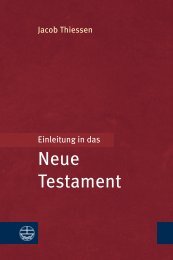Stephen Pickard | Michael Welker | John Witte (Eds.): The Impact of Education (Leseprobe)
This book investigates the impact of education on the formation of character, moral education and the communication of values in late modern pluralistic societies. Scholars from four continents and many different academic fields are involved. While the basic framework for the contributions is informed by Christian traditions, the disciplines cover a significant range, including theology, education, psychology, literature, anthropology, law, and business. This makes for a rich variety of thematic concentrations and perspectives. Readers will quickly sense that the educational foundations and trajectories of any given country are pervasive and have a significant reach into the fabric and shape of the society and its values, making education a barometer of the well-being of a people and their culture. The result is a volume that will inform, stimulate and challenge our understanding of the role of education in contemporary societies.
This book investigates the impact of education on the formation of character, moral education and the communication of values in late modern pluralistic societies. Scholars from four continents and many different academic fields are involved. While the basic framework for the contributions is informed by Christian traditions, the disciplines cover a significant range, including theology, education, psychology, literature, anthropology, law, and business. This makes for a rich variety of thematic concentrations and perspectives. Readers will quickly sense that the educational foundations and trajectories of any given country are pervasive and have a significant reach into the fabric and shape of the society and its values, making education a barometer of the well-being of a people and their culture. The result is a volume that will inform, stimulate and challenge our understanding of the role of education in contemporary societies.
Create successful ePaper yourself
Turn your PDF publications into a flip-book with our unique Google optimized e-Paper software.
22 <strong>Stephen</strong> <strong>Pickard</strong><br />
ture is a “Leaver” culture that resonates with “natural systems as members <strong>of</strong> the<br />
bio-community.” Leaver cultures across the world, representing 99 percent <strong>of</strong> the<br />
time that the human genus has existed, “make amore appropriate baseline for<br />
determining the goals and methods <strong>of</strong> moral education.” Narvaez addresses the<br />
“neurobiology <strong>of</strong> morality and the vitality <strong>of</strong> nature-centered morality.” She argues<br />
for areturn to a “sustainable Indigenous wisdom.”<br />
Narvaez identifies the hubris <strong>of</strong> civilized moral educationasobservedindiscussions<br />
<strong>of</strong> morality that “move too quickly into abstractions, reasoning,and right<br />
thinking, leaving behind the cultivation<strong>of</strong>moral being, manner,and virtue.” She<br />
contrasts ancestral moral development—“evolved nest or evolved developmental<br />
niche, EDN,” as an extragenetic inheritance—with children <strong>of</strong>civilized nations,<br />
who typically lack many <strong>of</strong> the evolved-nest components even before birth and<br />
arrive at school already less developed “in terms <strong>of</strong> self-in-nature, lacking selfconfidence,and<br />
exhibiting various pathologies.” Narvaez identifies some critical<br />
areas for twenty-first-century moral education to thwart the destructive trajectory<br />
toward the self-demise <strong>of</strong> the human species. <strong>The</strong> chapter is apowerful clarion<br />
call to recover “an earth-centered, nature-respecting moral education.” It is afitting<br />
and prophetic chapter to round out arich and diverse volume.


